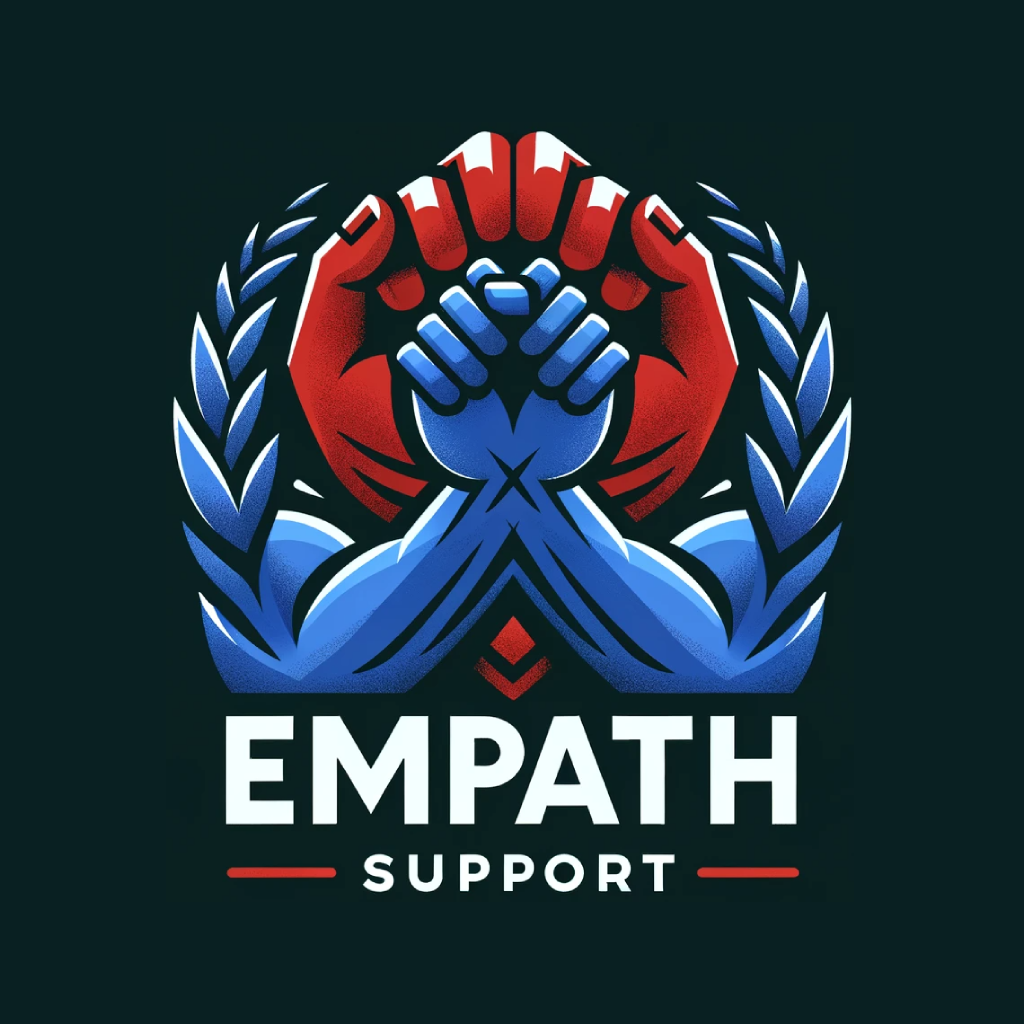Recognizing Empathic Traits
Understanding Empathy vs. Being an Empath
Many people confuse empathy with being an empath. Empathy is the ability to understand and share the feelings of another person—it’s something most people have to varying degrees. But being an empath goes deeper. Empaths don’t just understand emotions; they feel them as if they were their own. This heightened sensitivity often comes with challenges but can also be a powerful gift when understood and embraced.
Checklist: Are You an Empath?
Here’s a quick way to see if you might identify as an empath. Do you:
- Feel overwhelmed in crowded or emotionally intense spaces?
- Struggle to distinguish your emotions from those of others?
- Avoid violent or emotional TV shows because they affect you deeply?
- Find yourself naturally drawn to helping or healing roles?
- Need time alone to recharge after social interactions? If you answered “yes” to several of these, you may be an empath.
The Connection Between Trauma and Empathy
It’s not uncommon for empathic traits to develop after experiencing trauma. As children, many empaths learn to tune into others’ emotions as a survival mechanism. In my case, losing my mother at a young age heightened my awareness of the people around me—it was a way to feel safe and connected in an unpredictable world. Over time, I’ve learned that this sensitivity, while rooted in pain, is also my greatest strength.
Navigating Misunderstandings About Empathy
One of the most difficult experiences for empaths is being misunderstood. I’ve often been accused of being “cold” or “unempathetic” when I chose not to absorb someone else’s pain or distress. What others don’t realize is that for empaths, constantly taking on the emotions of others can be overwhelming and even harmful. This natural protective mechanism can be mistaken for indifference, but it’s actually a boundary—one that is essential for emotional health.
For many empaths, especially men, this dynamic can be particularly challenging in relationships. Empathy, when used well, is a gift that strengthens connection. But when it’s exploited, it can lead to emotional exhaustion and resentment. Recognizing these patterns and learning to balance empathy with boundaries is a crucial step toward empowerment.
Reflection Exercise
Take a moment to reflect on your own experiences. What moments in your life might have heightened your sensitivity? Write down:
- A significant moment or memory where you felt deeply connected to someone else’s emotions.
- A time when your empathy felt like both a gift and a challenge.
- How those experiences shaped your view of yourself and your boundaries.
